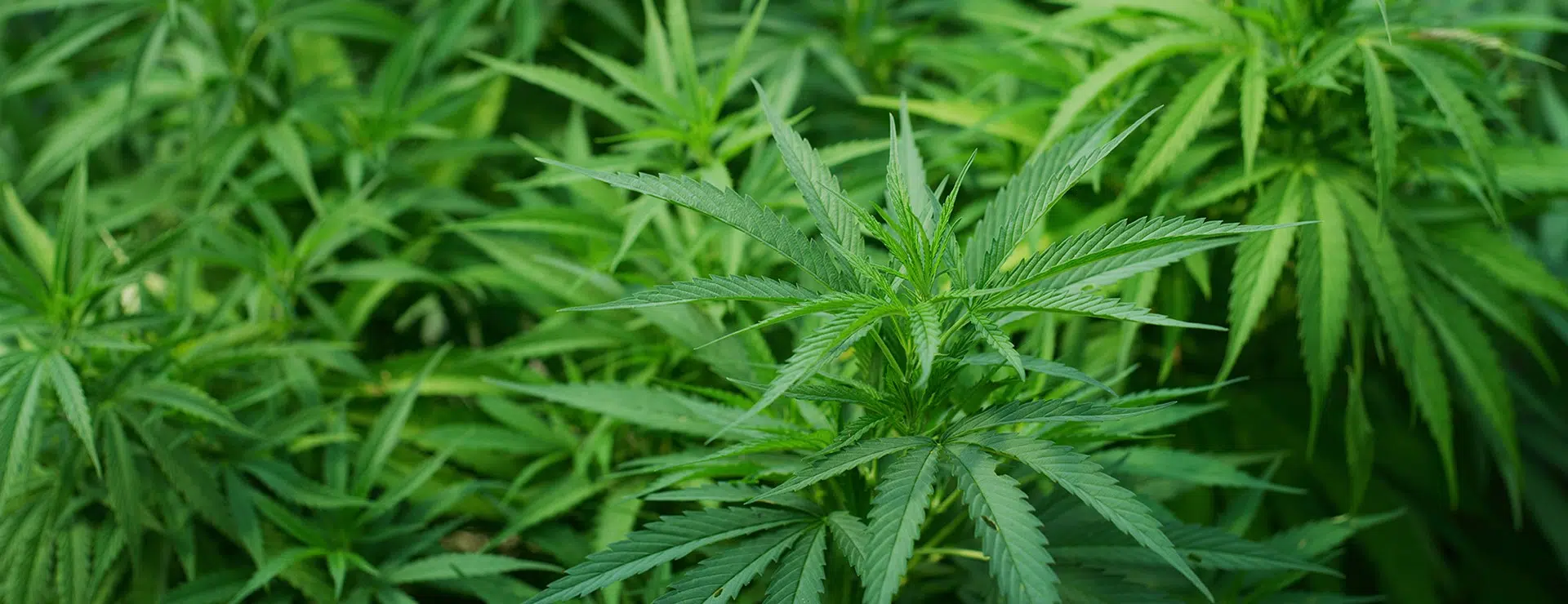The Environmental Benefits of Hemp Cultivation

Contents
Hemp is not merely a plant; it holds the potential to revolutionise our ecology. Its association with its psychoactive relative, cannabis, often leads to misconceptions, though hemp boasts a multitude of environmental merits.
We'll explore the many ecological advantages that hemp cultivation contributes to our planet, ranging from soil restoration to carbon capture.
The environmental benefits of hemp cultivation may reduce our dependence on non-renewable resources, offering environmentally friendly resolutions to numerous ecological issues.
A Warrior against Deforestation: Hemp versus Trees
Deforestation is a critical issue facing our planet. Forests, being the lungs of our world, are ruthlessly chopped down for industrial uses such as paper production. The consequences are devastating, leading to loss of biodiversity, soil erosion, and climate change.
Hemp presents a formidable alternative to this destructive practice. The plant grows rapidly, maturing within four months compared to decades needed by trees. According to Eartheasy, one acre of hemp can produce as much paper as four to ten acres of trees over a 20-year cycle.
Thus, the widespread adoption of hemp for paper production could significantly reduce deforestation and the associated environmental impacts.

A study by the North American Industrial Hemp Council testifies to the fact that hemp farming can contribute to improved air and water purity, the development of soil abundant in nutrients, and can assume a critical part in combating climate change.
Soil Remediation and Revitalisation: Hemp's Underground Superpower
Not all superheroes wear capes; some have roots!
Hemp has a remarkable ability to clean and enrich the soil in which it grows, a process known as phytoremediation. This eco-friendly technique uses plants to remove toxins from the soil, restoring its health and fertility.
In fact, hemp was used in Chornobyl to help remove radioactive elements from the ground, proving its power as a natural cleaner. By rotating with other crops, farmers can maintain soil health, reducing the need for chemical fertilisers, thus decreasing water and soil pollution.
Hemp's Carbon Capture Capability: A Natural Climate Solution
Carbon dioxide (CO2) emissions are a leading contributor to global warming. While many industries contribute to this issue, hemp cultivation could be a part of the solution. Hemp plants are exceptional at capturing and storing CO2, a process known as carbon sequestration.
A report by the Hemp Global Solutions states that one hectare of industrial hemp can absorb 15 tonnes of CO2. Thus, cultivation could help to significantly reduce the amount of CO2 in our atmosphere and combat climate change.
Conserving Water: Hemp's Superior Efficiency
Globally, concerns about water scarcity are escalating. Traditional crops like cotton consume vast amounts of water during their growth process. Contrarily, hemp stands out as a significantly water-efficient plant. Hemp Gazette suggests that this amazing plant utilises up to half the water of cotton while yielding 200-250% more fibre.
Farmers can drastically cut down on their water usage by choosing to cultivate hemp, rendering it a more environmentally sound choice in regions grappling with water scarcity.
Hemp as a Resource: More Than Just Environmental Benefits
Beyond its environmental contributions, hemp also presents itself as a sustainable resource for a myriad of products. Hemp can be processed into textiles, paper, biofuel, biodegradable plastics, and even a building material called 'hempcrete'.
Hemp-derived products are typically durable and biodegradable, mitigating the environmental impact linked to waste management. As a renewable resource, hemp cultivation promotes the concept of a circular economy, fostering long-term ecological sustainability.
Frequently Asked Questions
Cannabis is a versatile plant with a rich history of use across various industries. Its cultivation and processing offer a range of environmental benefits that are becoming increasingly relevant in today's eco-conscious world.
From its role in reducing deforestation to its efficiency in water usage and its potential in the fight against climate change, hemp presents exciting opportunities for sustainability. Below, we explore some of the most commonly asked questions about hemp and its environmental advantages, shedding light on why it's considered a green alternative in various applications.
What are the environmental advantages of cultivating hemp?
There are several environmental merits, like soil revitalisation, carbon sequestration, reduction in water consumption, and offering a sustainable substitute to deforestation and non-renewable resources.
Can hemp assist in lowering deforestation?
Undeniably. Hemp grows much faster than trees and can yield as much paper as 4-10 acres of trees within a 20-year cycle. It offers a sustainable alternative to tree-based paper production, contributing to the reduction of deforestation.
Is hemp efficient in water usage?
Indeed, hemp is notably efficient in its water usage. It demands up to half the water required by traditional crops such as cotton, establishing it as a more sustainable option, particularly in regions contending with water scarcity.
Is hemp legal in the UK?
In short, it is still a grey area. With a home office licence hemp is legal to grow for certain uses in the UK. However, CBD flower is not legal.
Read this article if you are wondering when cannabis will be legal in the UK.
How does hemp improve soil health?
Hemp possesses a unique capacity to cleanse and rejuvenate the soil via a process termed phytoremediation. It aids in the removal of toxins from the soil, thereby restoring its health and fertility.
Can hemp aid in the fight against climate change?
Certainly, hemp can assume a significant role in combating climate change through its ability to sequester carbon. It is highly effective at trapping and storing CO2, thus lowering the concentration of this greenhouse gas in our atmosphere.
What products can be derived from hemp?
Hemp can be utilised to manufacture a broad spectrum of products such as textiles, paper, biofuel, biodegradable plastics, and construction materials like 'hempcrete'. These products are commonly durable and biodegradable, lessening the environmental impact.
Conclusion
The environmental advantages provided by hemp cultivation are both transformative and substantial. This impressive plant paves the way for a more sustainable and environmentally conscious future. By embracing hemp, we're not only advocating for an eco-friendly substitute but also supporting the wellness of our planet. It's about time we recognised the potential of this verdant treasure and harnessed its benefits to the fullest.